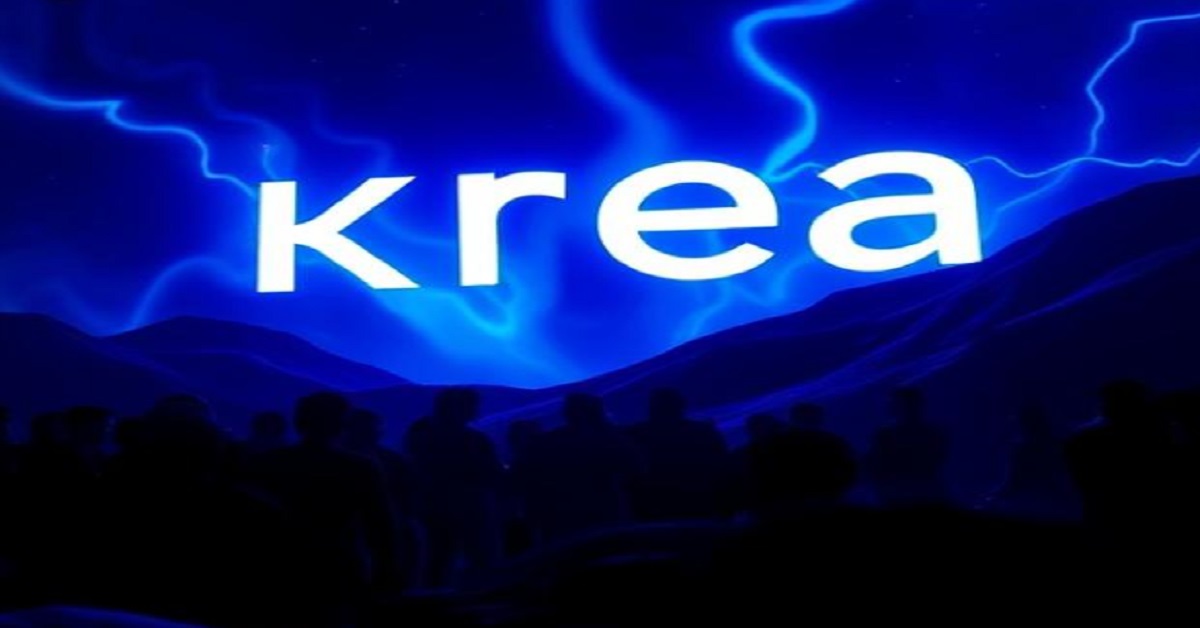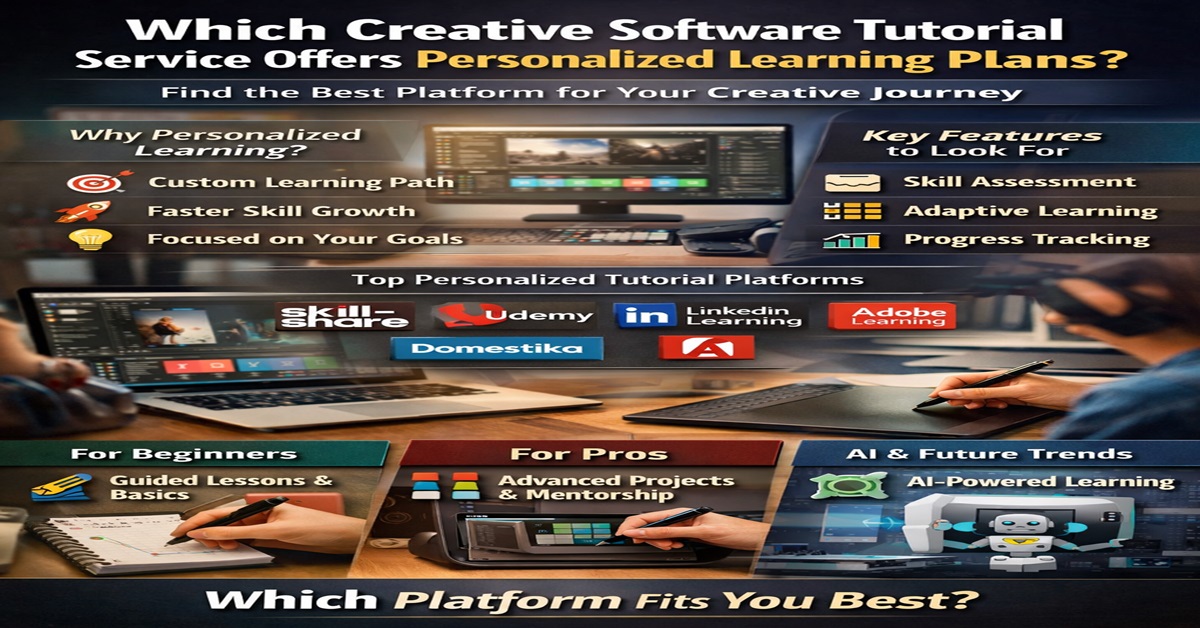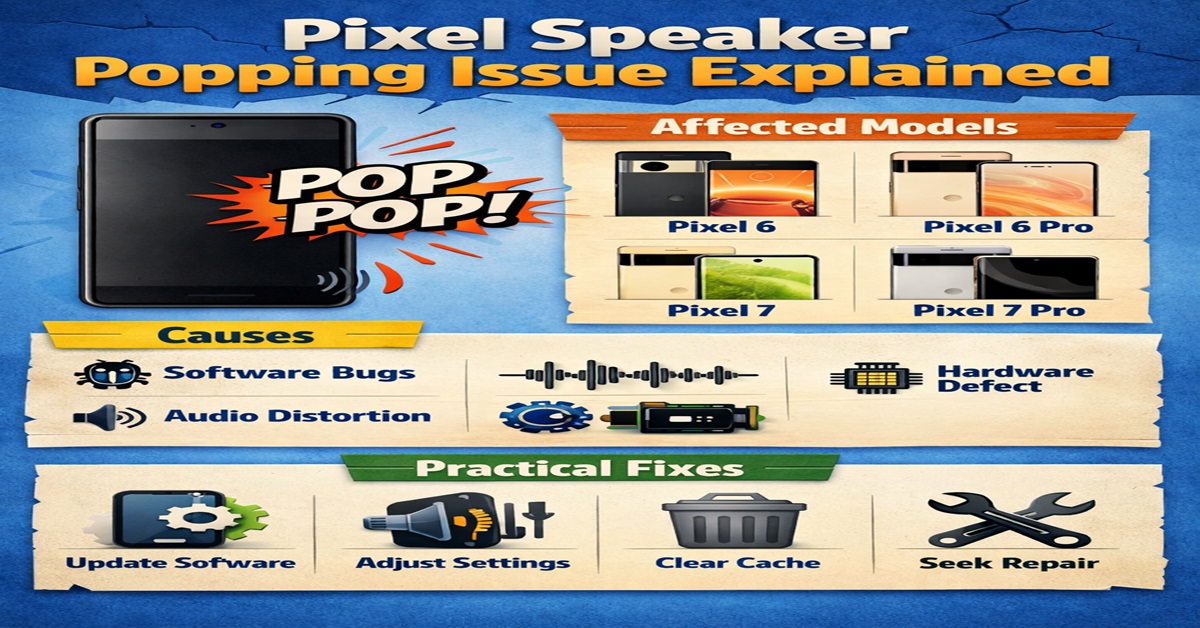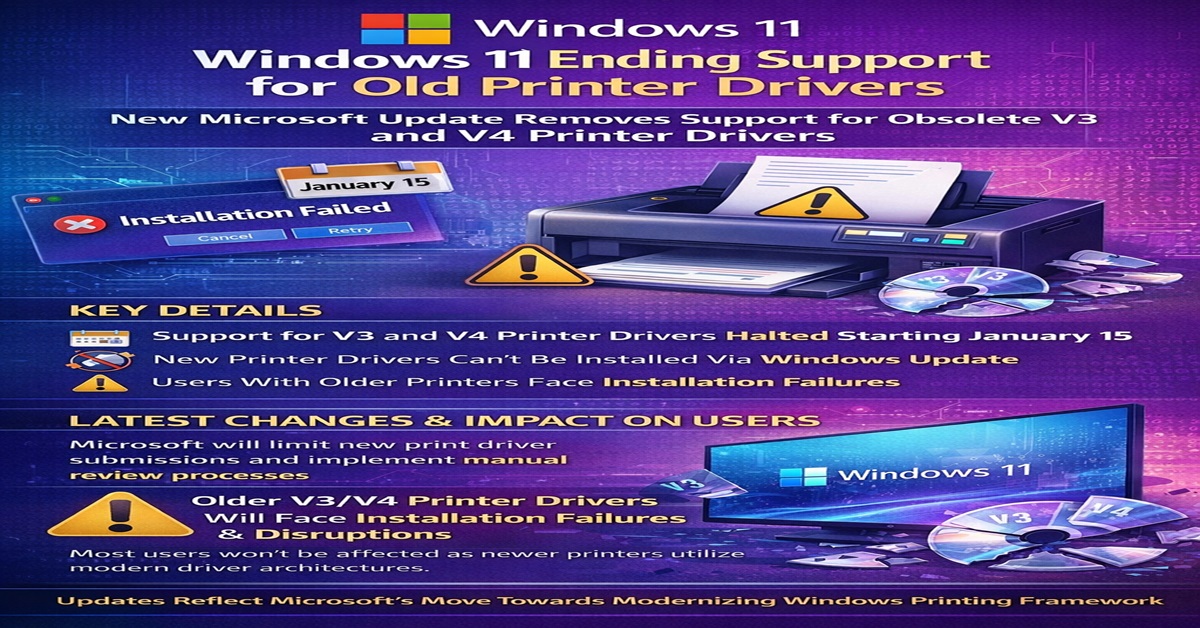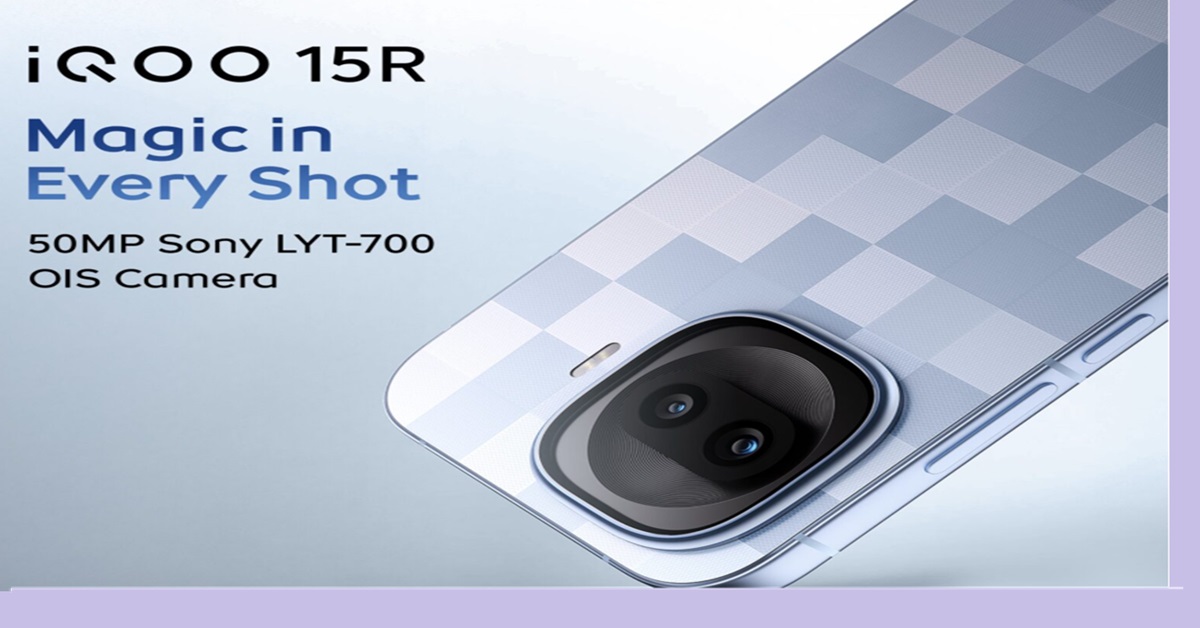When Krea AI’s founders walked away from prestigious postgraduate grants offered by the King of Spain, many called it a reckless gamble. Fast forward to today, and their AI startup is valued at $500 million—proving that sometimes, the biggest risks lead to the greatest rewards.
In this deep dive, we’ll explore:
✔ How Krea AI defied expectations to become a generative AI powerhouse
✔ The pivotal moments that shaped their explosive growth
✔ Expert insights on why their technology stands out
✔ What’s next for this Barcelona-based unicorn-in-the-making
The Backstory: Why Krea’s Founders Turned Down Royal Grants
The Pivotal Decision That Changed Everything
In 2022, co-founders David Miró and Javier Fuentes were offered fully-funded postgraduate research grants—a rare honor personally endorsed by Spain’s royal family. But instead of accepting, they chose to bet on their AI vision.
“We knew generative AI was about to explode. If we waited, we’d miss our shot.”
— Javier Fuentes, Krea AI CTO
Early Struggles & Breakthroughs
- First prototype (2023): A text-to-image model trained on European art archives
- Key innovation: “Real-time style transfer” for designers and marketers
- First funding: €250K from local angel investors
How Krea AI Cracked the Generative AI Market
Solving a Pain Point for Creatives
While Midjourney and Stable Diffusion dominated, Krea AI focused on real-time collaboration—letting teams co-edit AI-generated visuals instantly.
| Feature | Krea AI | Competitors |
|---|---|---|
| Real-time editing | ✅ Yes | ❌ No |
| Style consistency | ✅ Advanced | ⚠️ Limited |
| Team workflows | ✅ Built-in | ❌ Third-party tools |
The Funding Boom
- Seed round (2024): $8M led by Sequoia
- Series A (2025): 75Mata75Mata500M valuation
- Key backers: Ex-Google AI leads, European VCs
What Makes Krea AI’s Technology Unique?
The “Living Canvas” Engine
Unlike static AI art generators, Krea’s proprietary model:
✔ Adjusts compositions as you brainstorm
✔ Preserves artistic style across edits
✔ Reduces “AI weirdness” in hands/faces
“Their latency is 3x faster than Adobe Firefly. For agencies, that’s game-changing.”
— Maria López, Creative Director at Ogilvy Barcelona
Ethical AI Focus
- Trained on rights-cleared datasets (avoiding Getty lawsuits)
- Optional artist royalty program
- GDPR-compliant by design
Krea AI’s Roadmap & Future Challenges
Upcoming Features (2025-26)
🔹 Video generation (alpha testing)
🔹 3D asset creation for game devs
🔹 Enterprise API for Fortune 500 clients
Can They Compete With Tech Giants?
✅ Advantage: Niche focus, faster iteration
⚠️ Threats: Adobe’s Firefly updates, OpenAI’s rumored “Sora for Business”
Lessons for Aspiring AI Founders
- Solve a specific problem—not just “build cool AI”
- Ethics matter—clean data avoids legal landmines
- Speed beats perfection—Krea launched MVP in 9 months
Final Thoughts
Krea AI’s journey—from rejected grants to Europe’s hottest AI startup—proves that focus and audacity trump pedigree. While giants scramble to catch up, their real-time creative tools are already reshaping agencies from Madrid to Tokyo.
“We didn’t just want to make another AI toy. We’re building the future of collaborative creativity.”
— David Miró, Krea AI CEO
H3: FAQs About Krea AI
Q: How does Krea AI make money?
A: Freemium SaaS model ($29/month pro tier) + enterprise contracts.
Q: Will Krea IPO soon?
A: Likely 2026-27, per investor leaks.
Q: Can individuals use it?
A: Yes! Free tier at krea.ai.
